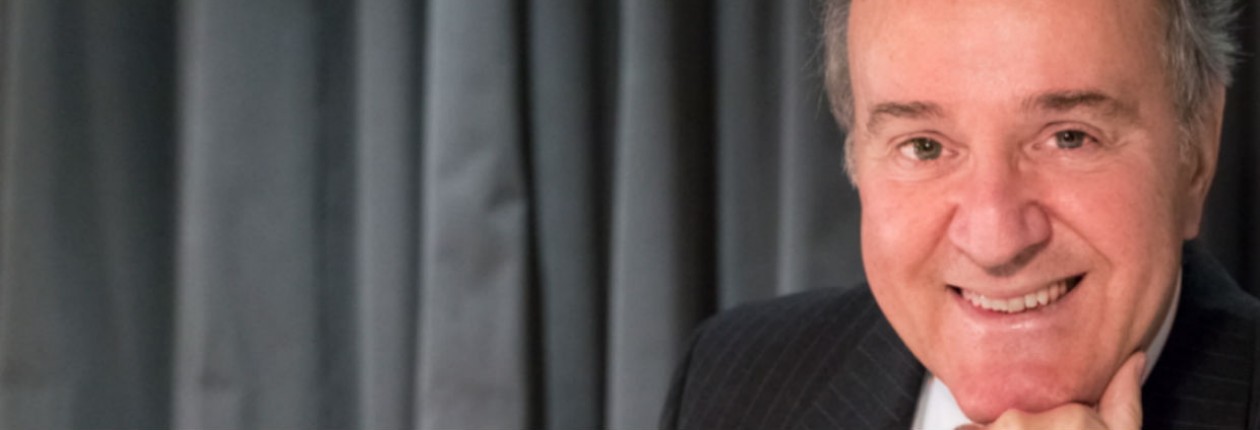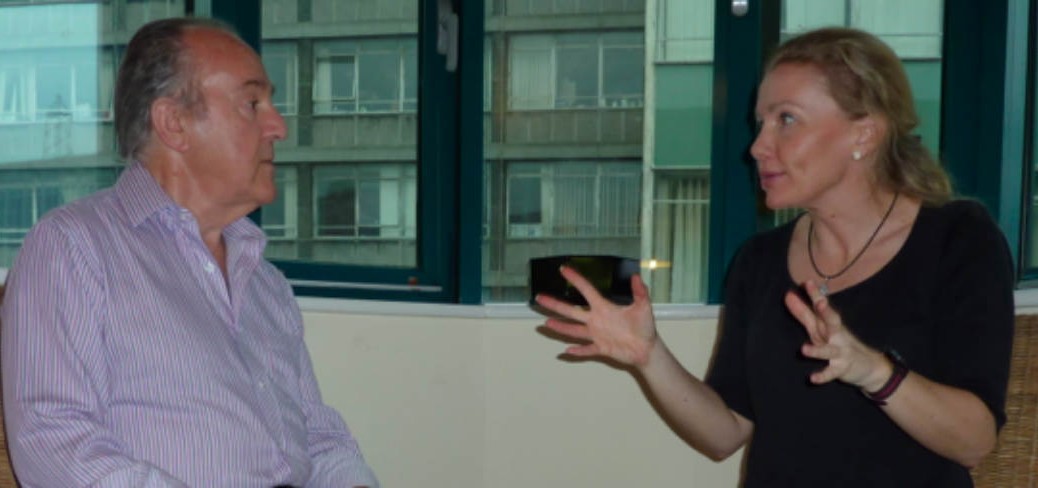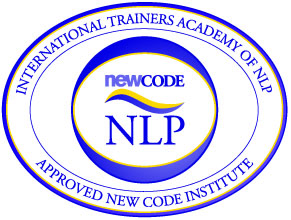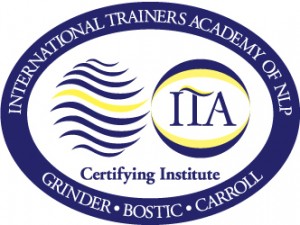I consider my first task as a Coach is to help you clarify what you want to achieve, and how to recognize it when you have it. Your success is measured from this as we develop objectives that are specific and measurable, and which you have choice about.
You are supported all the way through until you achieve what you want with as many sessions as are needed.
Where your coaching is in a professional context, we monitor systematically to guarantee your firm’s investment. The coaching process is controlled and validated by the key stakeholders, HR, line management, you and your Coach. Using a standardized review process, we track and report progress at pre-agreed times to ensure satisfaction with the objectives achieved, and to show the return on investment.
I do not subscribe to the notion of many coaches that we avoid dealing with emotions and strong feelings and issues connected with health. Symptoms can often turn out to be signals from the unconscious part of you about changes you need to make, and every decision me make and every challenge we face has feelings as the driving force.
Some of the principles I apply include the following:
Respecting: Each person has a unique way of being, your own personal map of your life, work, your experience and surroundings. I recognize that uniqueness, respect your privacy, and your absolute right to perceive things in your own way. It is therefore not my job to change your understanding, since I have no means of knowing if mine would be more valid. Because of that, the questions I ask are to help you notice your own thinking and ways of making sense, and not to help me “understand” your situation. My respect is freely given and not earned.
Acknowledging: When you express an opinion, I assume it is based on your own reasoning, or influenced by some experience that you have accepted as valid for you. In other words, it makes perfect sense to you. Letting you know that I recognize that opinion without evaluating or rejecting it can free you up from any expectation or fear that I might be judging what you say and do. I don’t have to agree with you for you to feel acknowledged.
Accepting: You have your hopes and fears, and sometimes “know” in your own mind that you’re being irrational, unreasonable, tired, confused. Sometimes it feels like you ought to be better organized, or be able to sort yourself out. If you do, then that makes you just like me! Situations like these are the very things that challenge human beings to work out what being alive is all about; they are our opportunities to learn how to live. Accepting you for how, who, and where you are is important to me.
Being curious: “I wonder what would happen if we tried this.” None of us really knows what is possible for you or for me. However, past experience, and the opinions of others that we listen to can give us illusions about what is not possible.
My teacher, John Grinder has a passion for climbing, and he tells a story of being at the foot of El Capitan, a huge cliff in Yosemite Park in the USA that stands as a giant challenge to anyone who dares. As John and his climbing partner were laying out ropes and equipment for the climb, a passer by stopped, looked up, and said, “Do you really believe you can climb that?” John’s answer, put politely was, “how would I know? That’s what I’m here to find out!”
My work with individuals and teams or sometimes big, multinational groups is generally a joint exploration of what might be done that could work. Absolute wisdom about solutions is rarely available to any of us. Being constantly curious about how others make their sense, and what could happen keeps us trying out new solutions, and keeps us learning.
Knowing about learning itself: It’s hard to imagine just how much of what you learn is absorbed and processed unconsciously. By that, I mean that a lot of it is not subject to your conscious choice or control, and therefore not entirely voluntary. This is why I tell lots of stories, ask lots of questions, and arrange actions or events designed to encourage the making of those unconscious connections. What is curious, is that I can never really know what you will make of what I say and do, or exactly what you will learn. And neither can you…until later!
Tolerating being uncertain, and being flexible: It is very rare that I know for sure what to do. My years of experience, training and dedicated practice offer me a wide range of procedures, techniques, movements and patterns to call upon. One thing that happens frequently is that, as we explore what you need and want, and we try possible solutions, we all learn new things. It’s not unusual that what you want changes as you begin to learn what’s possible.
This means being tolerant of not being sure, and with allowing sudden changes of direction. Either the learning reveals new possibilities, or it reveals solutions to issues that lay hidden from view until we got here. The way I often find out what to do next, is by what you, my client, say or do in the present. This demands being flexible, and thinking quickly on my part, and the confidence of knowing there’s something in my kitbag that may work here. That is what I am good at!



